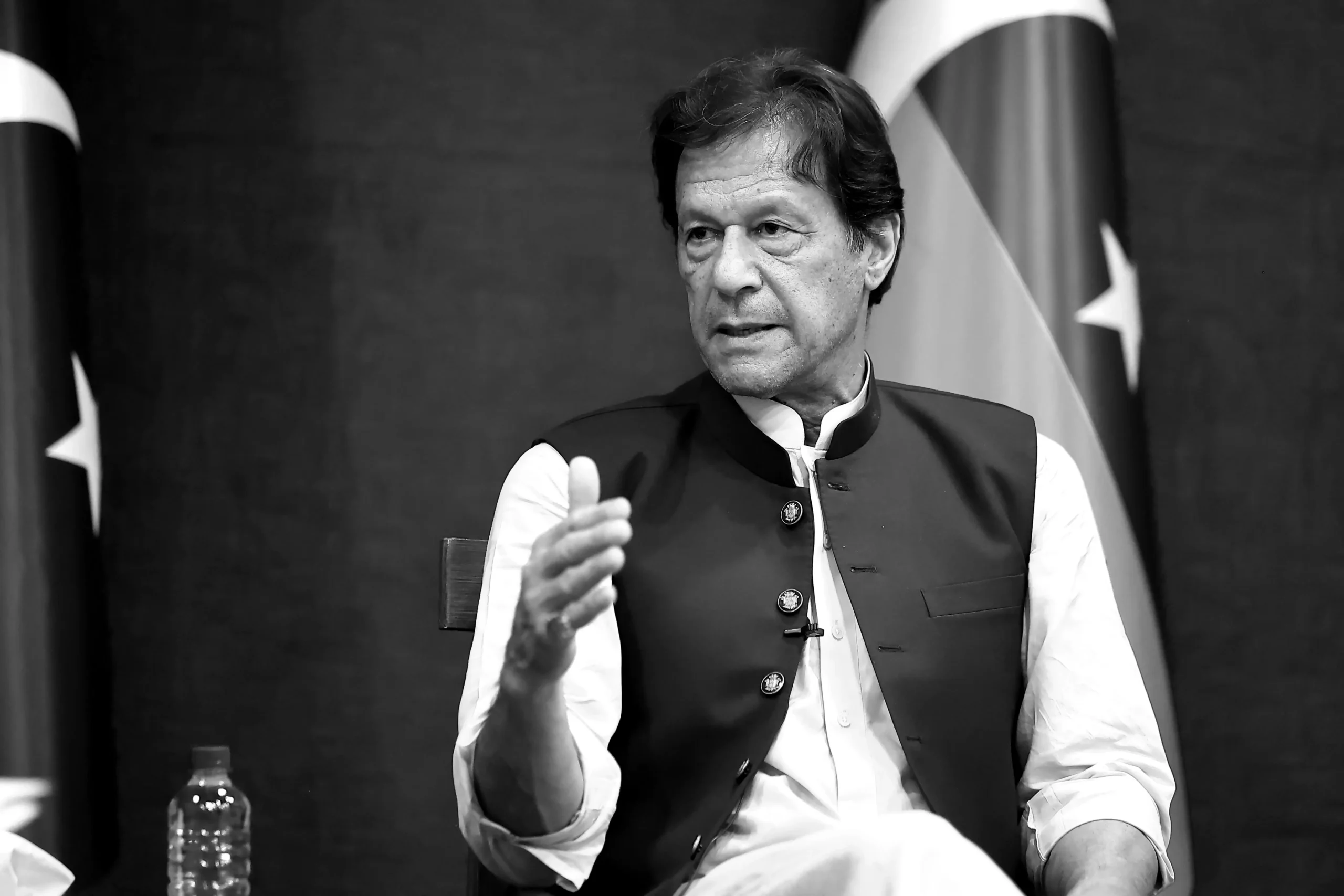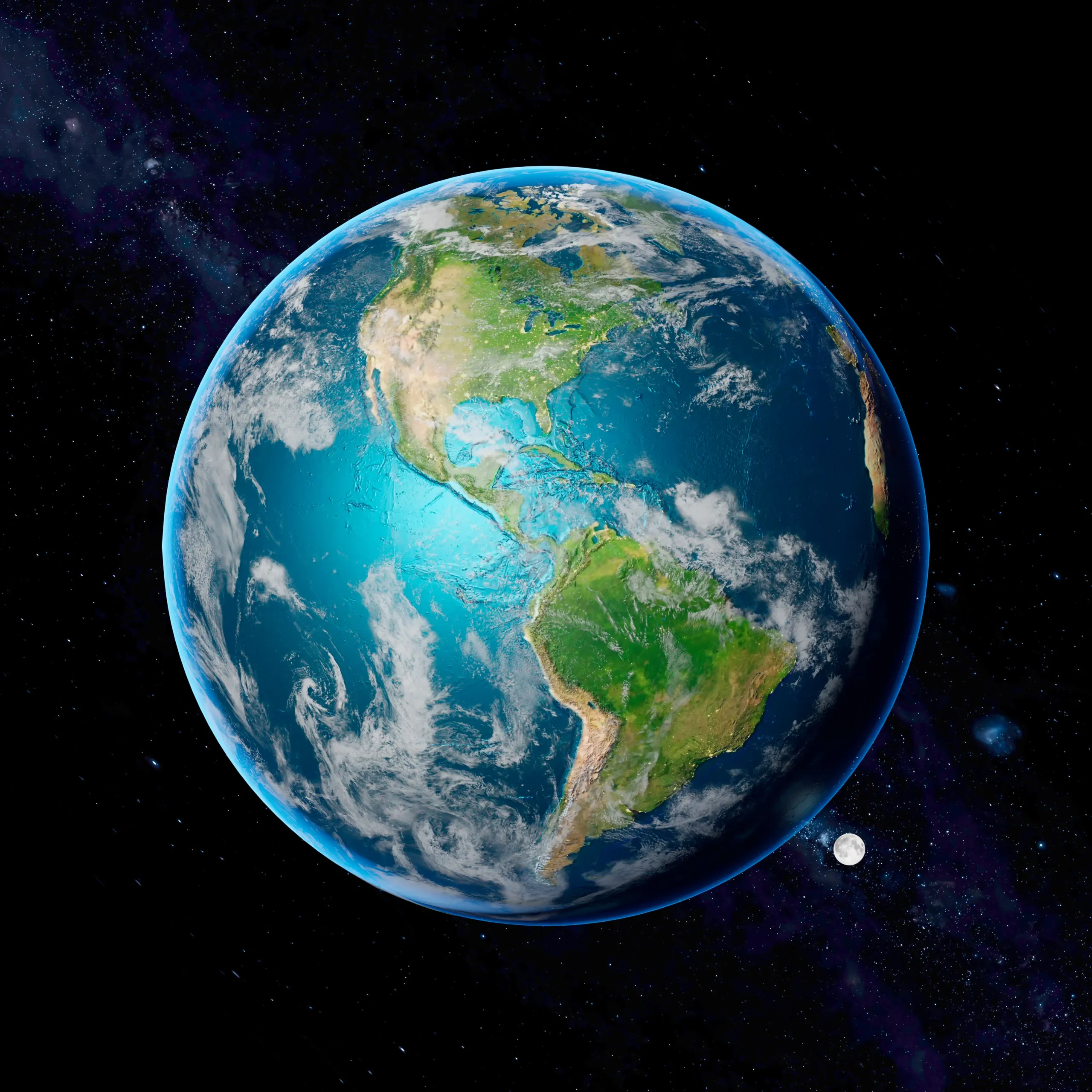IMRAN KHAN
THE MAN, THE MYTH, THE FINAL INNINGS?
By Peter Davis
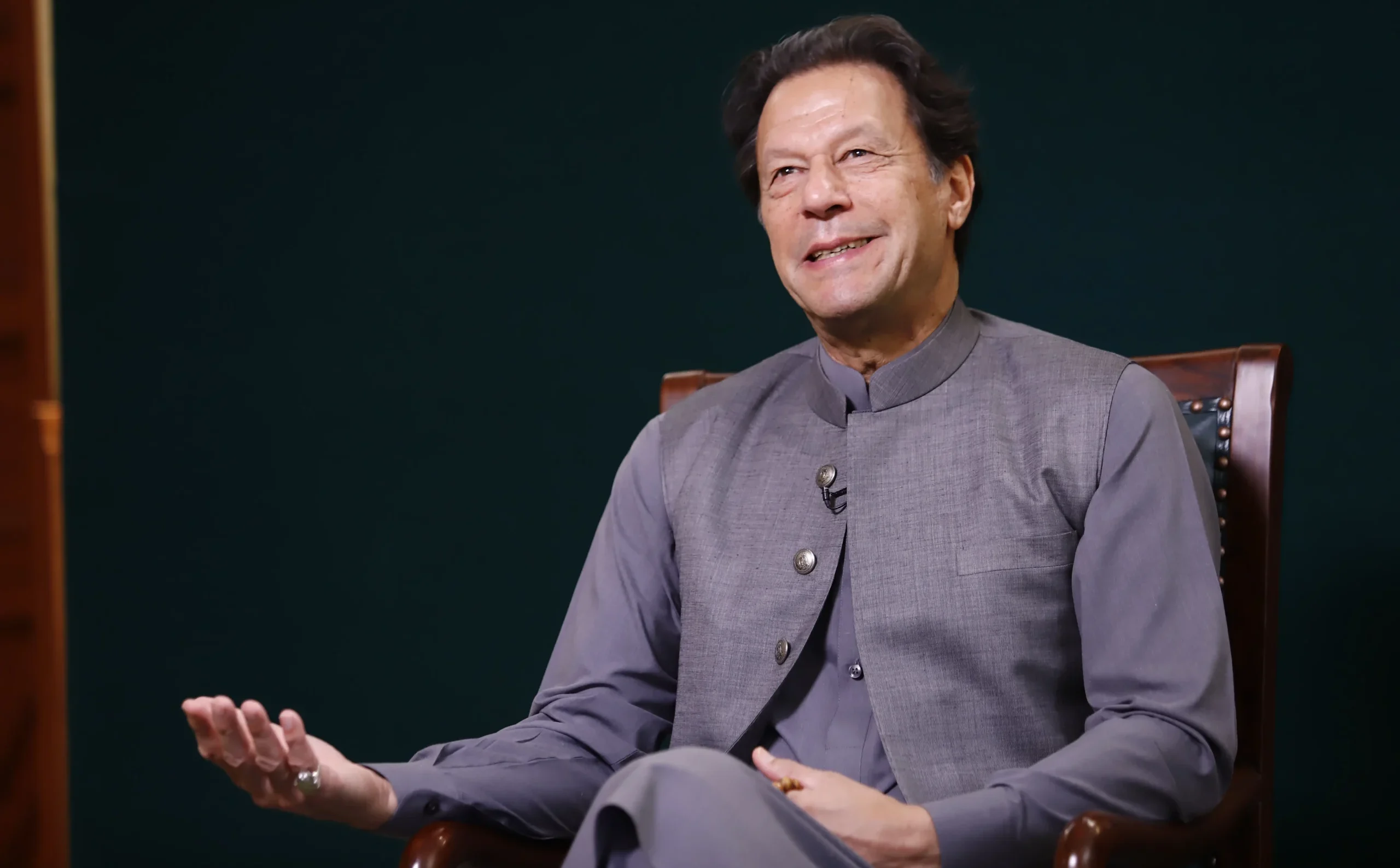
Few names evoke a sense of legend in South Asia quite like Imran Khan. A man who defied the conventions of sport, philanthropy, politics, and charisma, Khan’s story reads less like a biography and more like a tapestry of ambition, aura, struggle, and belief. In his life, he has been celebrated, envied, worshipped, and vilified, often all at once. But through each phase, one thing has remained constant: Imran Khan’s ability to captivate hearts and command attention.
The Charisma of a Sporting Icon
Imran Khan emerged in the cricketing world at a time when Pakistan needed heroes. With his chiseled looks, leonine walk, and fierce determination, Khan was more than just a fast bowler or a captain, he was the embodiment of a nation’s hope. On the field, he had the kind of gravitas that even opposing captains couldn’t ignore. He didn’t just play cricket; he performed it.
As the captain of Pakistan, Khan led his team with a blend of strategy and sheer willpower that made even the skeptics believe. The 1992 Cricket World Cup victory is etched into the consciousness of an entire generation. It wasn’t just a win; it was a moment of collective national pride and ecstasy. Khan, with his characteristic stoicism, lifted the cup like a conqueror, giving Pakistan its finest sporting achievement. It was not just cricket, it was destiny fulfilled.
He was a sporting colossus whose presence extended beyond the pitch. Tall, articulate, with Oxford education and aristocratic bearing, Khan became a fixture in the British and global social scenes. He was the darling of the tabloids and the muse of many. British high society swooned. The West loved him. And their best men, the sirs, the barons, the dukes, watched in envy as their women looked toward Imran with admiration that bordered on obsession.
The Aura that Bewitched the West
Imran Khan’s appeal wasn’t limited to cricket lovers or political followers. He was a cultural phenomenon. In London’s elite circles, he was the main attraction, a golden lion among men. His masculinity was dignified, never brash. Women adored him not merely for his looks, but for the sense of purpose he seemed to carry. There were whispers of envy, tales of aristocrats, titled men, and captains of industry who couldn’t fathom why their dinner guests would lose themselves in Khan’s conversation.
He moved gracefully within the highest echelons of global society. His romantic connections, though occasionally the subject of gossip columns, were rarely scandalous. He carried his charm with an almost regal discipline. It was not flirtation, but fascination. His appeal transcended superficiality, it was tied to something deeper, something rooted in a calm conviction and untamed idealism.
A Love Story Straight from the Pages of Fantasy
Imran Khan’s personal life has long fascinated the world, marked by glamour, introspection, and heartfelt sincerity rather than scandal.
In the late 1980s and early ’90s, Khan was romantically linked with prominent figures, including the German television personality Kristiane Backer, who later embraced Islam during their relationship. Yet none of his early relationships stirred the world quite like his marriage to Jemima Goldsmith in 1995. At just 21, she converted to Islam before their wedding in Paris, and together they presented a rare portrait of a union that defied borders and challenged norms.
The marriage symbolized more than love; it was a union of worlds, tradition and modernity, East and West, cricket royalty and British aristocracy. They had two sons, Sulaiman and Kasim, and for nearly a decade, they lived under intense public scrutiny. Despite their separation in 2004, Jemima remained a respected figure in Pakistan, and the marriage, in retrospect, is remembered with warmth and wistfulness.
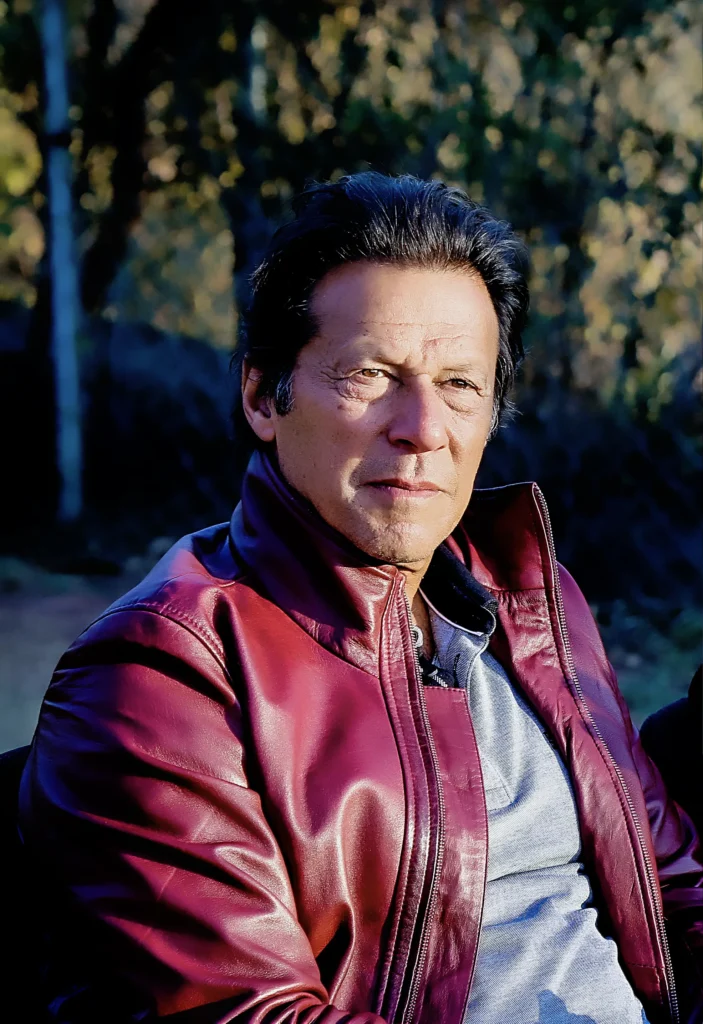
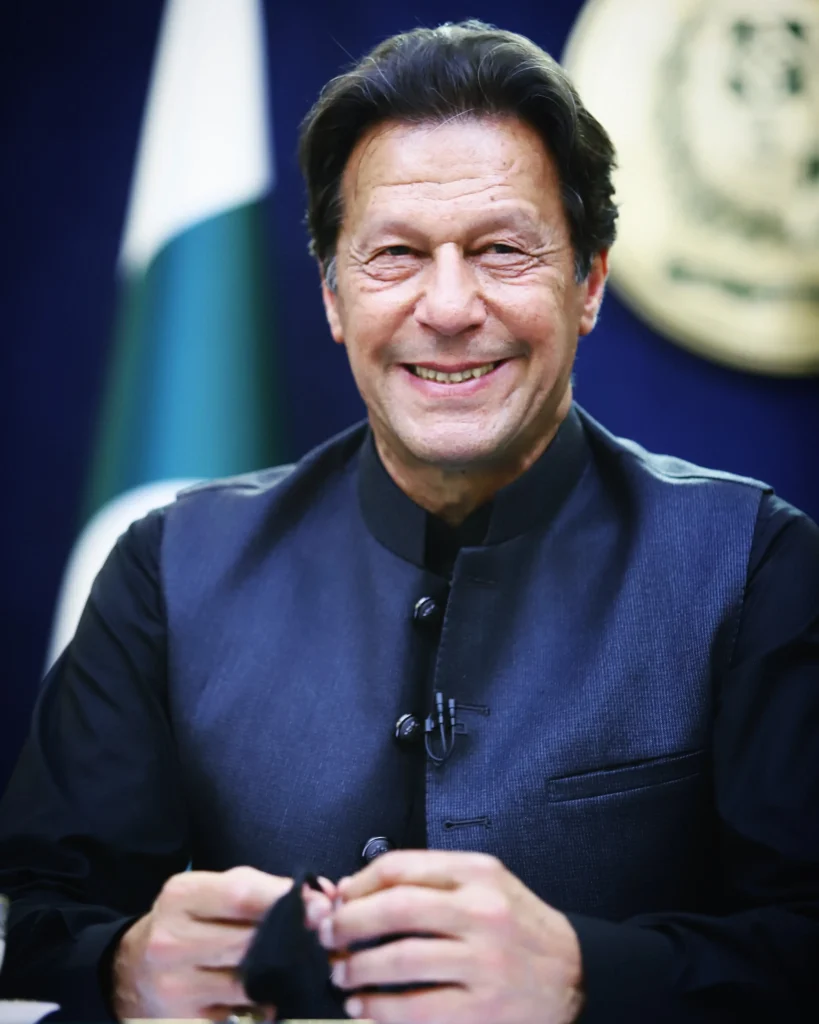
Imran later married British-Pakistani journalist Reham Khan in 2015, though the relationship ended within a year. In 2018, just before becoming prime minister, he wed Bushra Bibi, a spiritual guide and Sufi scholar. The union reflected Khan’s growing embrace of inner transformation and religious depth, far from the bright lights of Western society, it marked a turning inward, a man retreating from noise toward clarity.
The Philanthropist With a Purpose
Just when the world assumed Imran would drift into a life of glamorous retirement, he took a road less traveled. His mother’s death from cancer left a lasting wound. That wound became his mission.
In the early 1990s, he began raising funds for what many thought impossible, a state-of-the-art cancer hospital in Pakistan that would provide free treatment to the poor. The dream materialized in the form of Shaukat Khanum Memorial Cancer Hospital, which opened in Lahore in 1994 and grew into one of South Asia’s leading charitable medical institutions.
It was unprecedented. Who builds a world-class hospital in a developing country, staffed with highly trained professionals, and runs it with transparency? Imran Khan did. The public response was staggering. People sold their jewelry, donated their life savings, and offered their time. They didn’t just believe in the cause, they believed in the man.
He also established Namal College in Mianwali, seeking to offer world-class education in Pakistan’s neglected regions. For many, this phase of his life was his most noble: the cricketer had evolved into a servant-leader, a man who used his fame not for indulgence but for transformation.
The Reluctant Politician, The Idealist Warrior
With fame, wealth, and success on his side, Imran Khan could have comfortably lived a life of luxury between London and Lahore. But something pulled him back. The call of his homeland, the cries of the powerless, the anger at injustice, it all beckoned. He answered.
In 1996, he launched his political party, Pakistan Tehreek-e-Insaf (PTI). At first, few took him seriously. “Cricketer turned politician” was a sneer more than a description. But Khan was not a man of half-measures. He endured political ridicule, electoral defeats, betrayals, and isolation with the same fierce resolve that had once made him an indomitable captain on the pitch.
It took over two decades of tireless campaigning, village tours, sit-ins, hunger strikes, and defiant speeches, but in 2018, Imran Khan became the Prime Minister of Pakistan.
For millions, it wasn’t just a political victory. It was a triumph of hope over despair, integrity over corruption, and courage over compromise.
The Prime Minister With Shackled Hands
To many observers, Imran Khan’s premiership was paradoxical. He held the highest office in the land, yet his powers were hemmed in by the entrenched establishment, a resistant bureaucracy, and a complex military backdrop.
He tried to reform. He called for justice, for independence, for a clean break from decades of manipulation and nepotism. But the system was reluctant to budge. His economic vision was stifled by debt and inflation, his foreign policy questioned by global powers, and his political coalition grew increasingly uneasy.
In 2022, after months of mounting pressure and political maneuvering, his government was brought down by a no-confidence vote. Yet even in his fall, his popularity soared.
A Hero Loved, But Loving Him Is a Crime
Today, Imran Khan finds himself in a position few leaders do, revered by the masses, resisted by the institutions. His image has been erased from state media. His name is banned on television. His supporters are hunted, jailed, silenced.
And yet, he remains unbowed.
From jail cells and courtrooms, from hushed recordings and online videos, his message continues: Pakistan deserves better. And millions still listen. In mountain villages and city slums, his face appears on hidden posters, whispered slogans, and forbidden hashtags.
Imran Khan is no longer just a man. He is an idea. A hope. A question: what if he had been allowed to govern freely?
The Final Chapter, Or One More Innings?
At 72, many would expect Imran Khan to retreat. To write memoirs. To teach. To disappear. But Khan has never played by the rules of age or caution. If cricket taught him resilience, life taught him conviction.
His legal troubles continue. Convictions have come and gone, some overturned, some suspended, others still in play. He has faced sentences for corruption, unlawful marriage, and political cases that remain controversial. His wife Bushra has stood trial beside him. Even so, Khan remains undeterred. His party, contesting elections through independents, swept the 2024 polls by seat count. He leads from a cell, and his name is still invoked with pride by millions.
Most recently, he stunned observers by announcing his candidacy for Chancellor of Oxford University, proving that even in confinement, he sees no reason to retreat from global discourse.
Author’s Reflection
In an era where leadership is often performative and fleeting, Imran Khan stands out as an enduring enigma. Flawed, yet fearless. Romantic, yet rational. A man who turned stadiums into fortresses, hospitals into hope, and political rallies into revolutions.
If he has one more innings left, the world better watch closely, because it won’t be ordinary. And if he doesn’t, then his legacy is already immortal.
